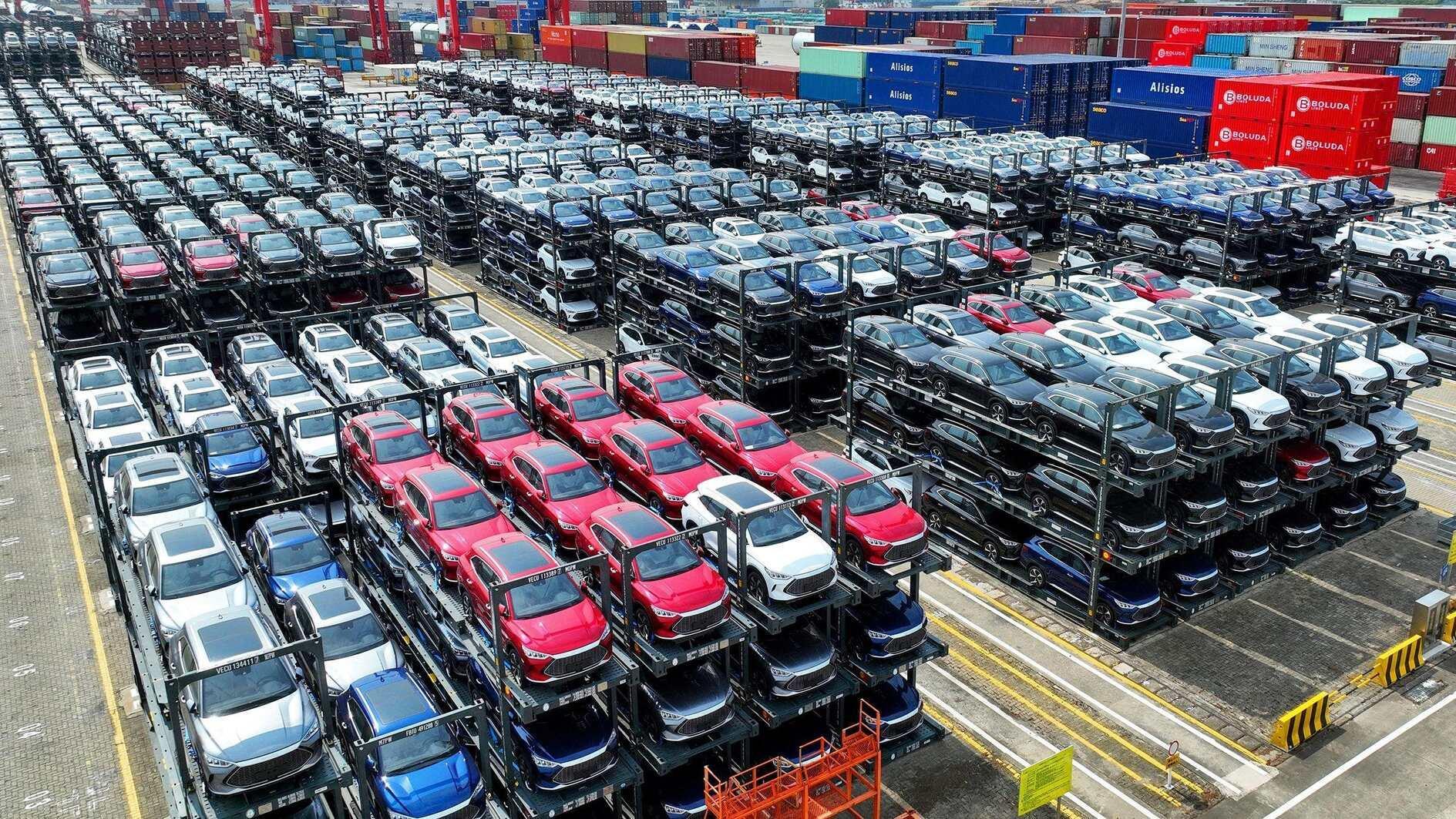
China's meteoric rise as the world's powerhouse of electric vehicle production makes Western efforts to curb their exports a tough sell and means they could even stifle the fight against climate change, analysts warn.
The European Parliament is expected to vote tomorrow on whether to impose hefty tariffs on imported EVs from China, part of a bid to protect its automotive industry from low-cost, subsidised competition.
And the United States has sought to stop cheap Chinese electric cars from flooding its markets, undercutting its own car giants.
Western powers have long raised concerns about the risks of Chinese "overcapacity”, fuelled by Beijing's vast industrial subsidies and waning consumption at home.
But experts say that with the West keen to hit ambitious climate goals and the need to speed up the transition to green energy, it can ill-afford to prop up its stagnating car industry.
"There is no way the EU and U.S. can reach their climate goals within the timeframes they've originally articulated without the help of Chinese EVs," Tu Le, managing director at Sino Auto Insights, told AFP.
"They'll either need to reconcile their goals or allow some entry of Chinese EVs."
China long lagged the West in its auto sector and in the push for green energy to curb rising emissions, of which it remains the world's largest producer.
But a push to expand green energy production and reduce China's emissions has seen production of EVs and their necessary components soar.
That policy has led Beijing to more than $230 billion for the EV industry between 2009 and 2023, analysis by Washington's Center for Strategic and International Studies found.
Subsidies and support from Beijing have been "key players in the rapid growth of China's EV market", MingYii Lai, a consultant at Daxue Consulting, told AFP.
In 2023, more than half of all electric vehicles sold worldwide were made by Chinese firms, according to the International Energy Agency.
And analysts from consulting firm AlixPartners estimate Chinese companies will hold 33 percent of the global car market by 2030.
The rapid growth of their Chinese competitors has set off alarm bells in Washington and Brussels.
"The fear is that these companies are gaining such a market share so quickly," Ilaria Mazzocco, a senior fellow at the CSIS think tank, told AFP.
"There is a push to electrify and they have the best, cheapest EVs out there," she said.
Analysts say the European Union simply can't afford to take as hard a line as the United States, which has accused Beijing of "cheating" and imposed a 100 percent duty on electric vehicles from China.
"German automakers rely so heavily on the China market for its profits," Sino Auto Insights' Tu said.
"The two largest European automakers now have significant stakes in Chinese EV brands... it's in their best interests that those companies are successful," he added, referring to Stellantis and Volkswagen.
Those firms "have already waved the white flag and decided they can't compete and would rather partner."